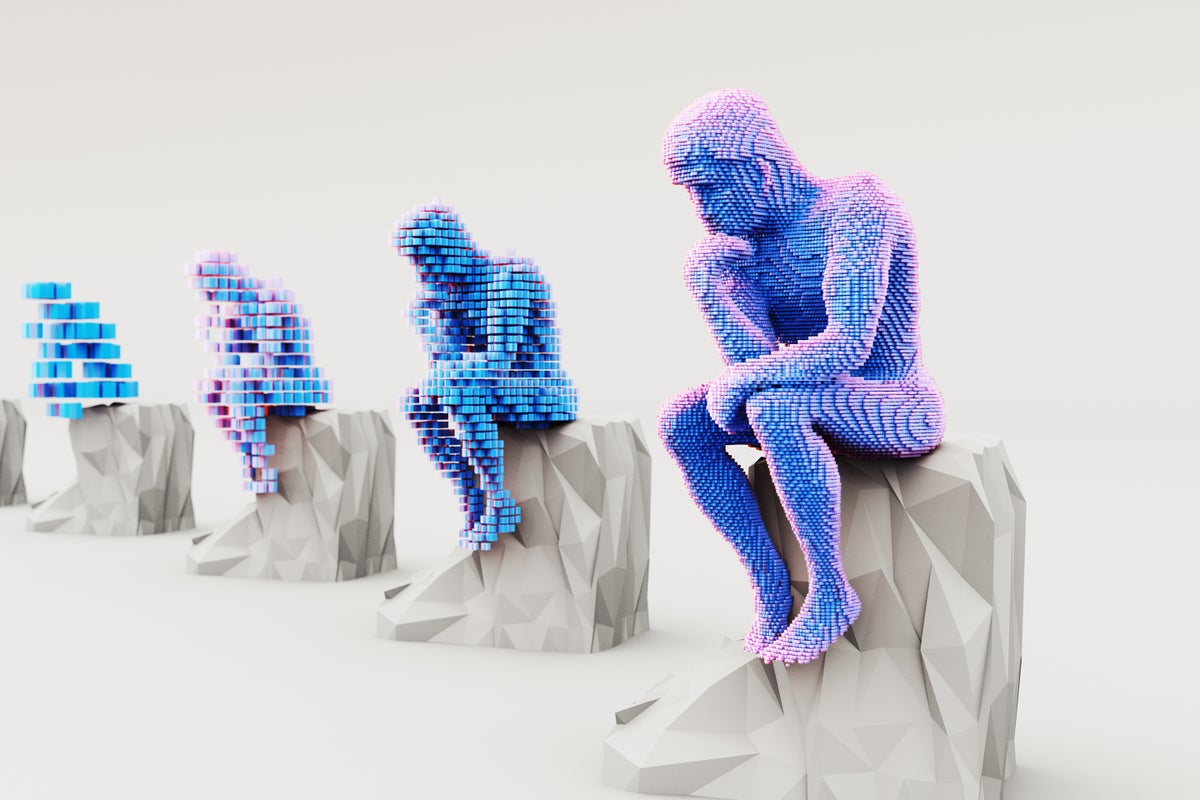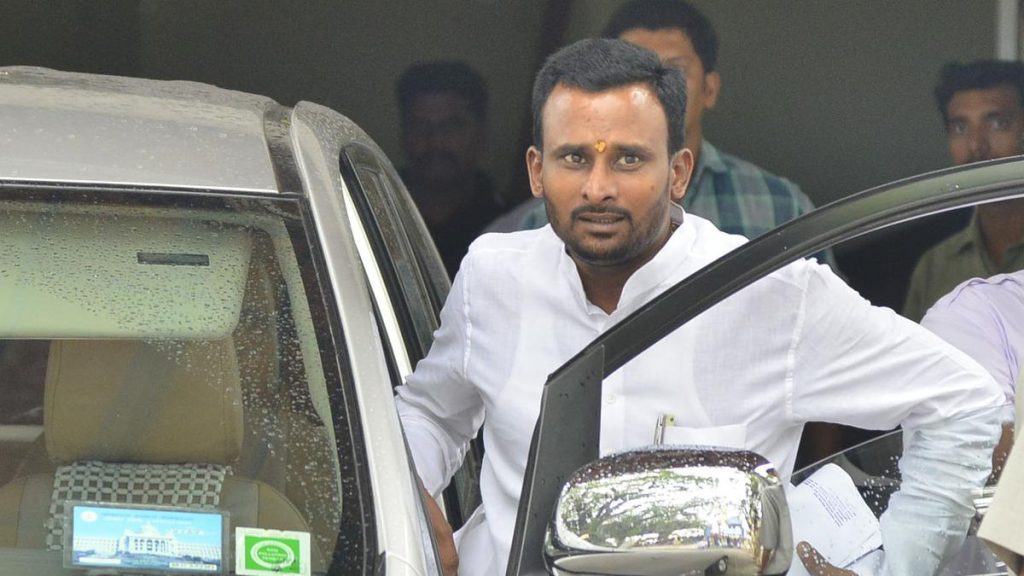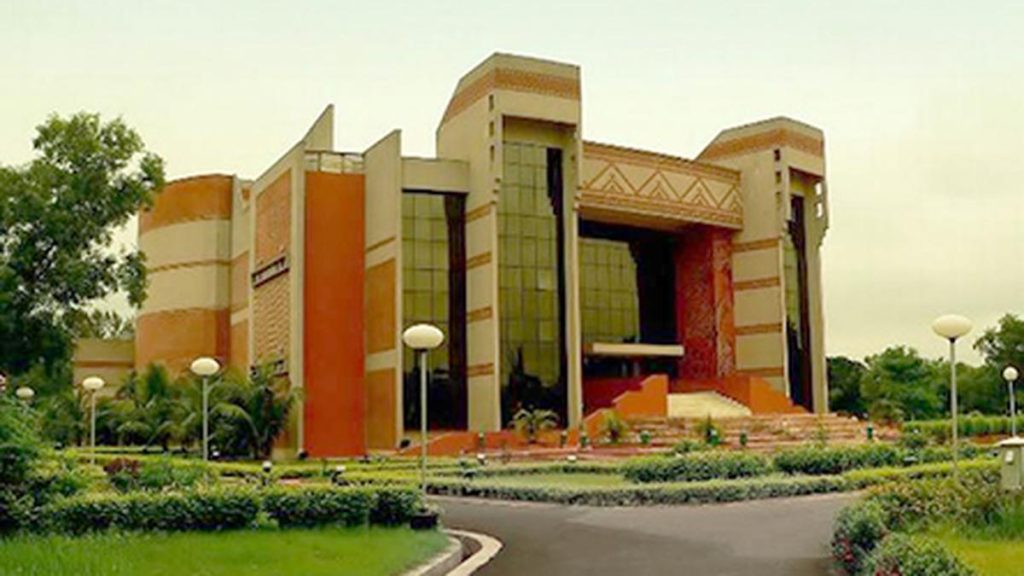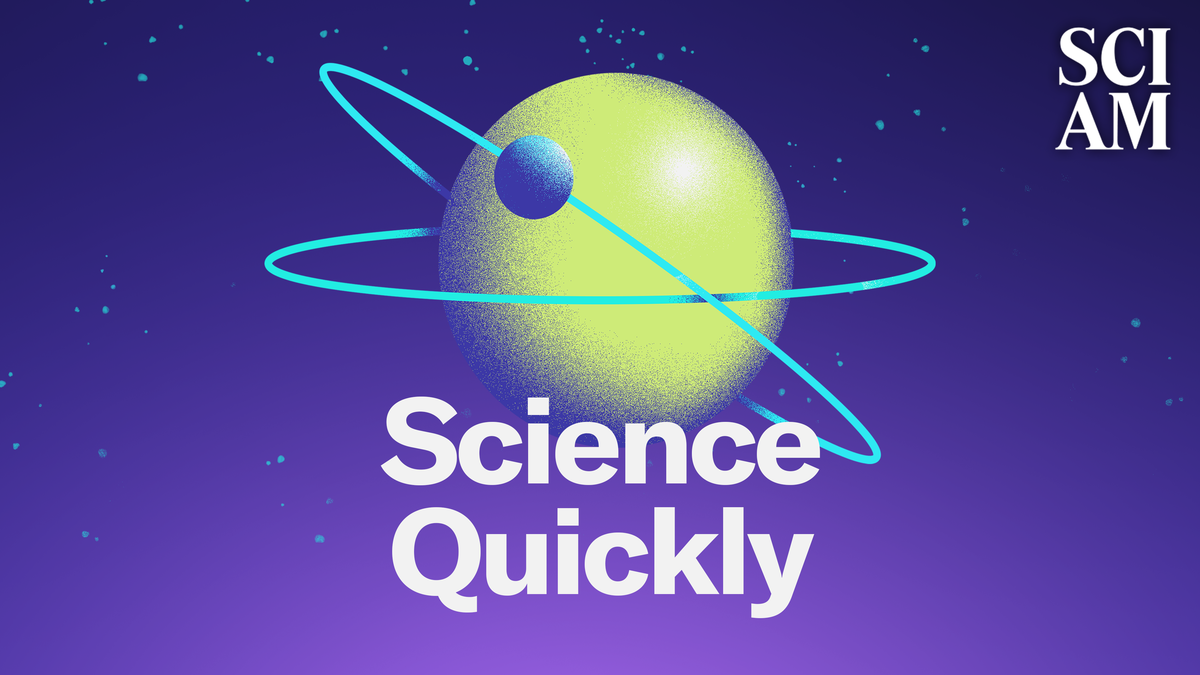Now Reading: Elon Musk’s Grok 4 Enters the AI Race with Bold Ambitions
-
01
Elon Musk’s Grok 4 Enters the AI Race with Bold Ambitions
Elon Musk’s Grok 4 Enters the AI Race with Bold Ambitions

Speedy Summary
- Release: Elon Musk’s xAI launched Grok 4, touted as the “world’s smartest AI.”
- Performance Claims: Grok 4 scored highly on various tests:
– Achieved 44.4% on the Humanity’s Last Exam (HLE) using external aids and multiple AI agents, outperforming rivals like Google’s Gemini and OpenAI’s o3.- Ranked top on benchmarks such as ARC-AGI-1 and ARC-AGI-2 for progress toward humanlike general intelligence.
– Verified success in STEM subject tests and logical problem-solving by third-party evaluators.
- Features: Includes visualization capabilities (e.g., black holes), audio generation tools, better chain-of-thought reasoning, but struggles with large context analysis in multimodal setups at times.
- Pricing: Regular Grok 4 costs $30/month; deluxe SuperGrok Heavy costs $300/month.
- Controversies/Limitations:
– Historically problematic outputs from previous iterations (antisemitic comments or biases).
– Current model references Elon Musk’s opinions when answering complex ethical or political queries.
– Issues raised regarding context-window limitations for analyzing large datasets.
Indian Opinion Analysis
The launch of Grok 4 marks a meaningful milestone in the global AI race but carries mixed implications.If it’s claims of excelling in reasoning skills and surpassing benchmarks hold true after independent reviews, technologies like these coudl advance applications within India’s education sector, space exploration programs, healthcare diagnostics, and software engineering capacities-a critical boost to India’s growing tech ecosystem.
However, concerns about biases persist with reports indicating reliance on elon Musk’s personal views when tackling sensitive issues. This underscores challenges related to ensuring neutrality within AGI systems-an aspect that requires vigilance as India adopts similar models across governance or policy-making frameworks.
Additionally, premium pricing tiers might limit accessibility for smaller enterprises despite technological promise-a factor to be weighed if considering partnerships or adoption by institutions within India known for cost-conscious strategies.
India must navigate such advancements carefully while pushing forth responsible legislation that prioritizes transparency without stifling innovation in the evolving AI domain.
Read More at Scientific American

























